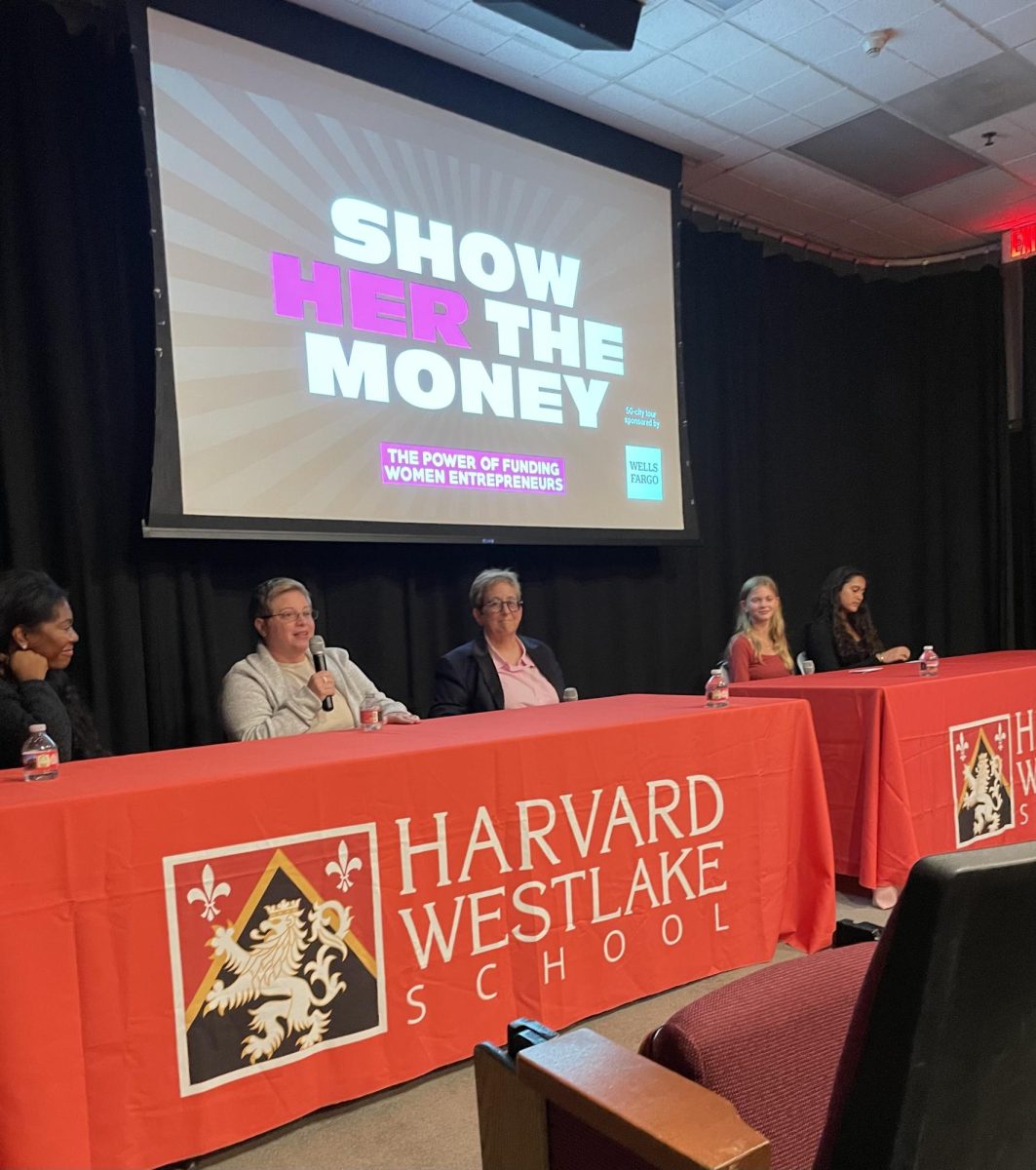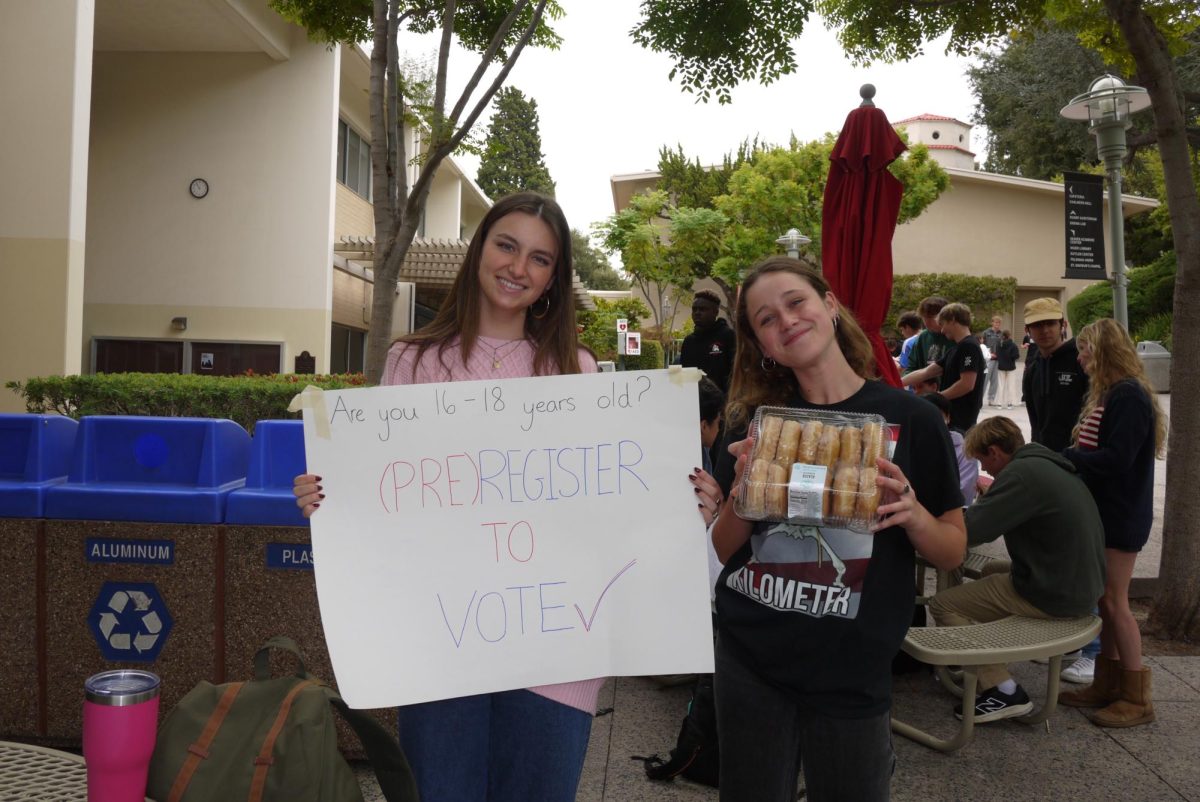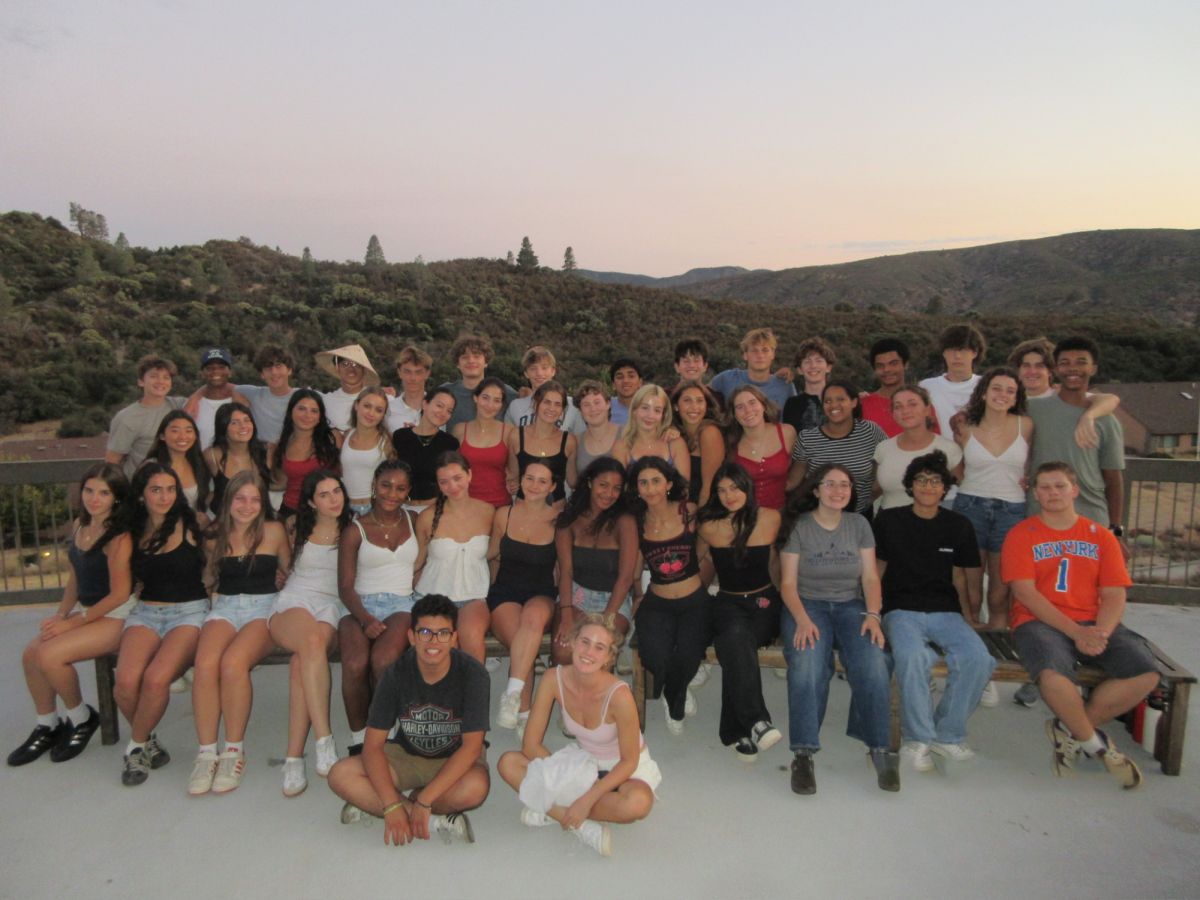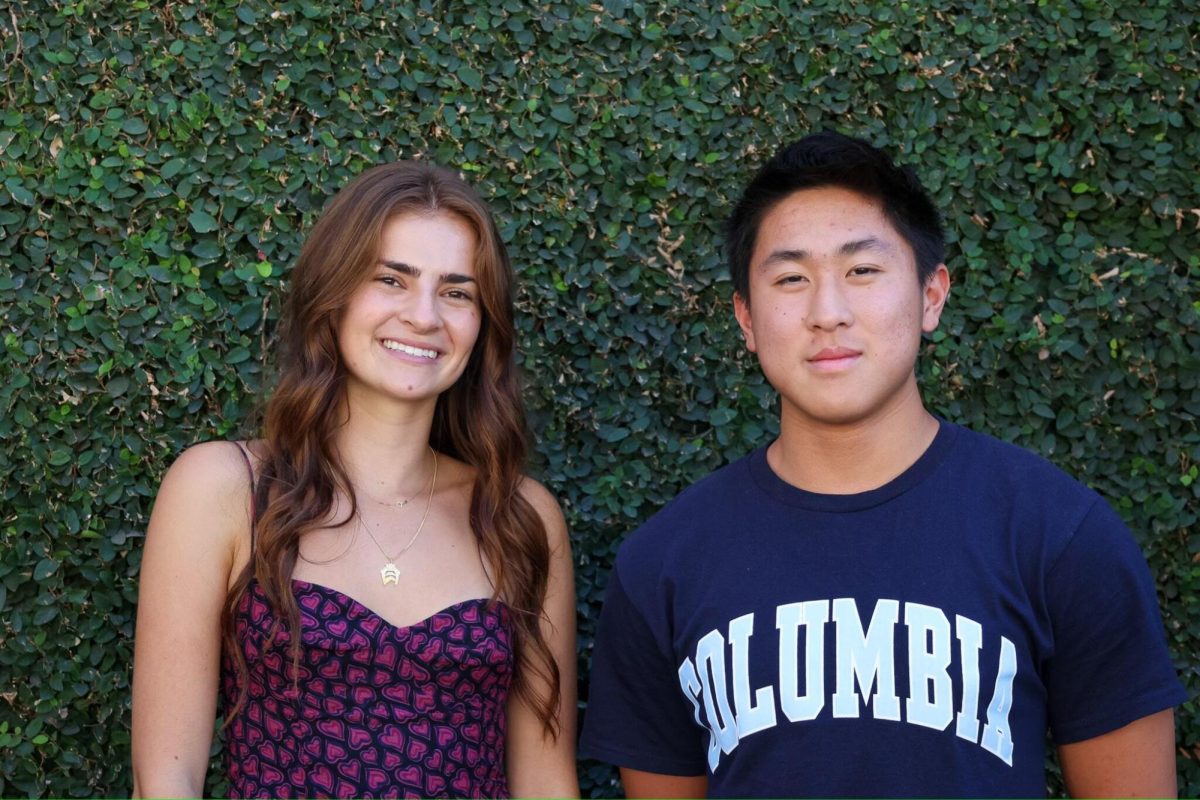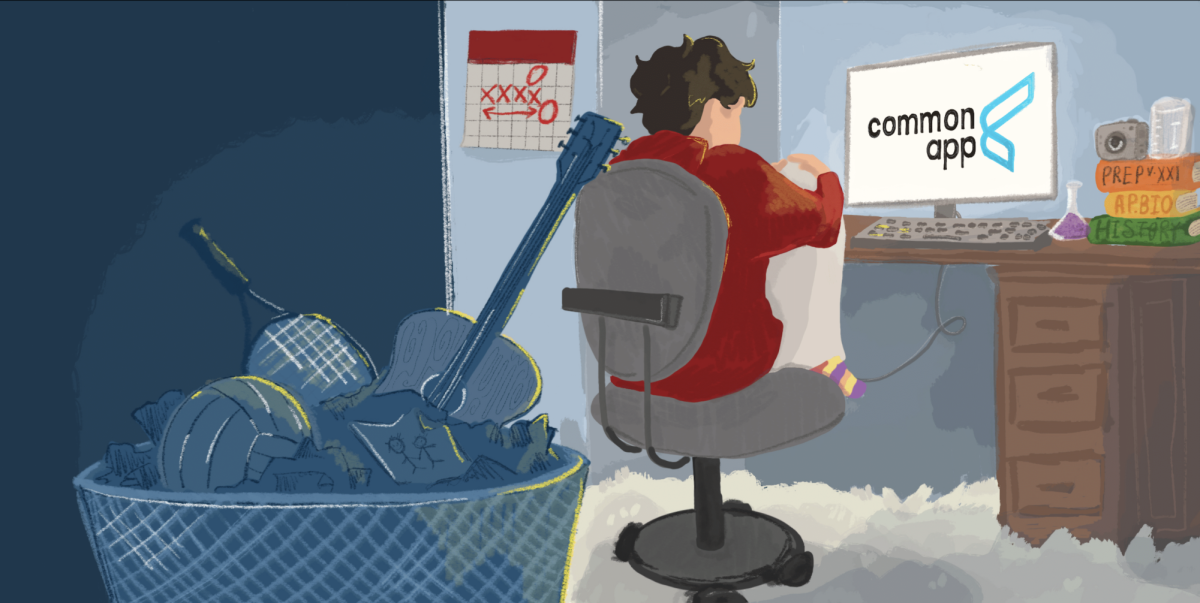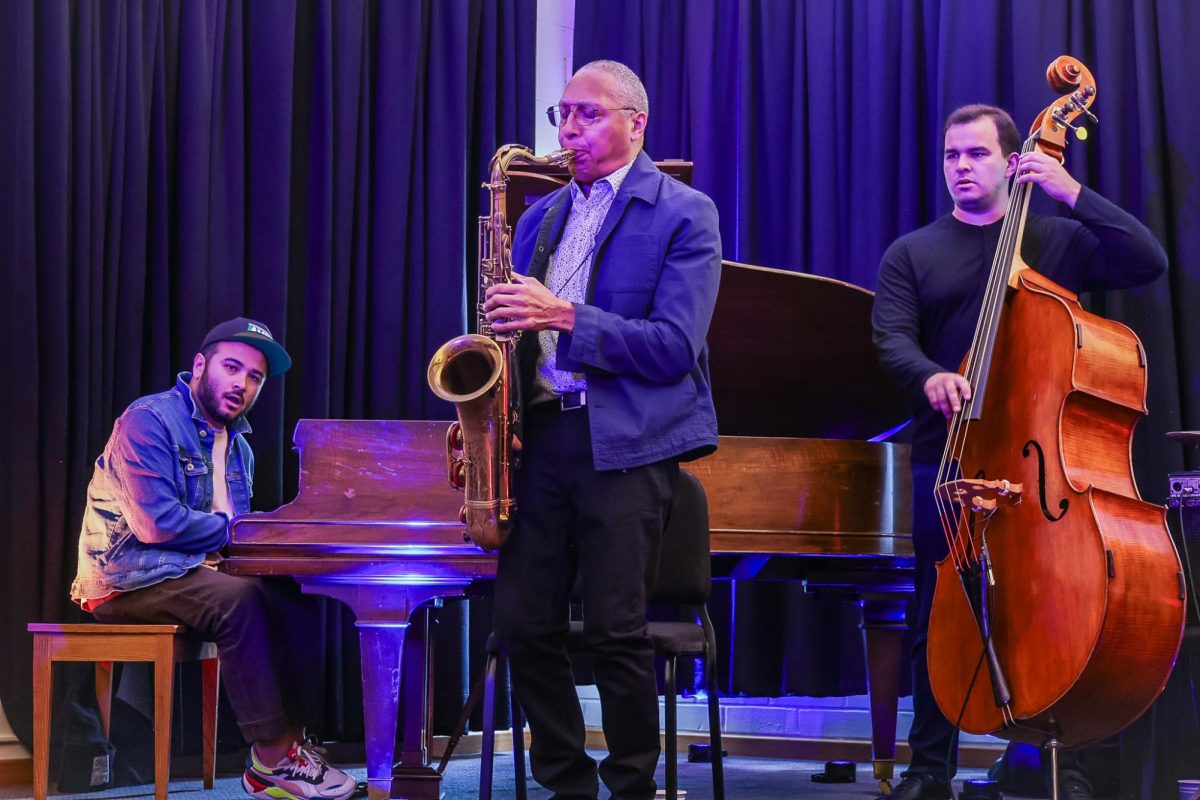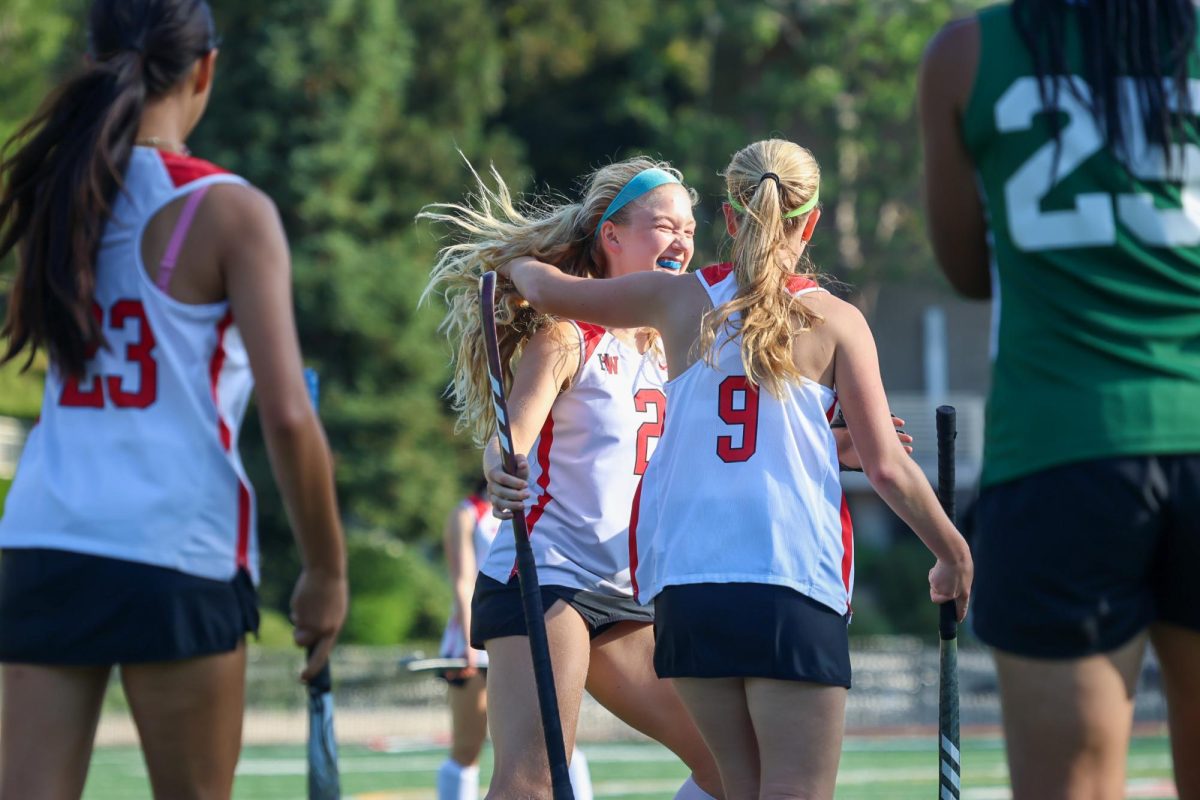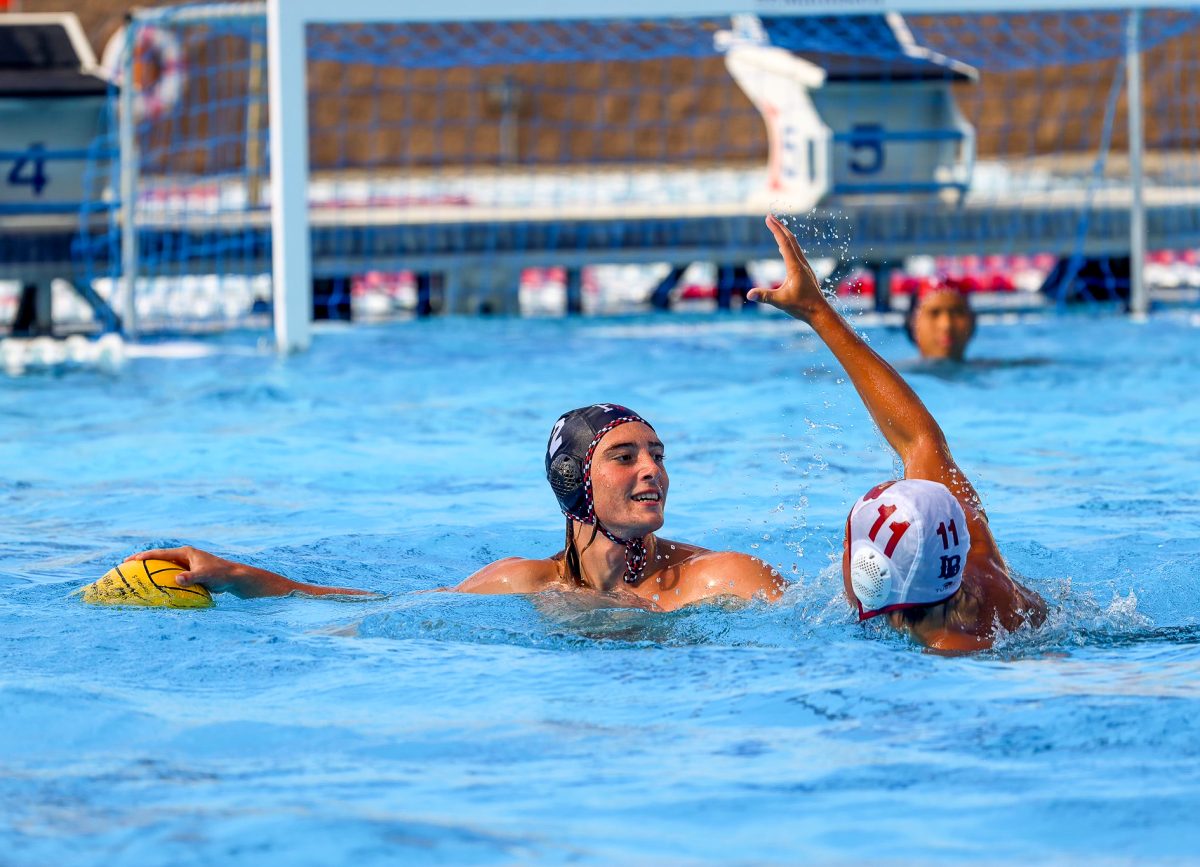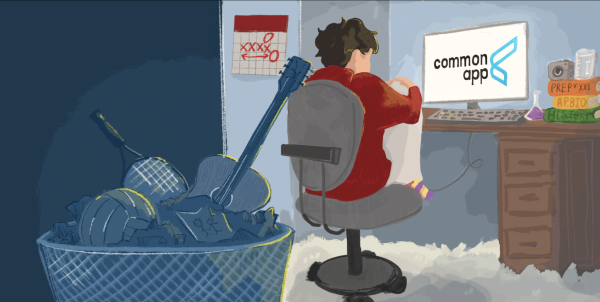Student sickness increases
Fighting a cold and feeling chills from a fever, John Xu ’25 trudges up to his first period class in Chalmers. Xu would have would have rather been in bed resting, but in the back of his mind, he understood he could not could not afford to miss any more work, even if he had the possibility of infecting others.
Xu said when students return to school after a sickness, they face a formidable amount of work.
“I have been sick three times last semester, and usually stress about missing too many days of school, so when I come back [to school] I’m still kind of sick,” Xu said. “It’s natural that when a student misses school, the student has to catch up. It is unfortunate that students will have to experience overwhelming work when they get back to school but nobody can really change or help ease that.”
Victor Suh ’25 said students should not should not return to school if they are sick, even if they are worried about a heavy workload.
“Obviously if somebody’s either feeling sick or has something contagious, they should 100% be staying home,” Suh said. “Nothing is worth risking the health of both the sick student or the entire HW community. With that being said, all this should be judged on a case by case basis. For example, if someone has some non-contagious case and they’re making sure to mask properly, then I can see them coming to school to ensure they don’t fall too far behind on their work.”
Suh also said he had an easier time managing the workload upon return.
“Lucky for me, the classes that I missed that day were either not very content-based or had ways for me to work asynchronously,” Suh said. “Either way, I was fortunate enough to have a relatively easy catch up time.”
World Languages Teacher Marc Schuhl said that student absences have been common, yet students tend to be responsible about missing class.
“Most school days I have a low but non-zero rate of student absence,” Schuhl said. “This is my first year here, and overall I’ve been impressed by my students’ reliability about attendance.”
Upper School Science Teacher Nathan Cardin said he believes students should prioritize getting rest, instead of getting back to work if they are sick.
“I’d hope students feel like they can stay home and rest when they’re ill, knowing that their teachers will help them get caught up when they’re back,” Cardin said. “My least favorite situation is when a kid is sick at home but still trying to do work through the sickness. I also wish we could be a school where students wouldn’t feel so much pressure to come to school when they’re sick since doing that increases the risk of getting their peers and teachers sick, too.”
Nathalie Leung ’24 said that the impact of missing school is dependent on what classes she has scheduled that day.
“Missing school would greatly impact my performance since it is difficult to catch up, but it also depends on what day in the cycle I’m missing,” Leung said. “For instance, odd days are my lighter days where I have electives and math so it wouldn’t affect me much. But on even days I have all my AP classes and missing those would impact me a lot.”
Leung said she would appreciate it if teachers provided more support through sample notes or virtual learning to help ease the burden.
“Implement a policy where teachers must accommodate that student on Zoom or provide notes they produce themselves,” Leung said. “I know some teachers strongly dislike Zoom to the extent where they would do anything not to use it and their alternative is to provide student-created notes, but a lot of times those notes aren’t complete or comprehensive enough.”
Schuhl said that even if students attend class while they are sick, he is unsure how much they can truly learn.
“I’ve noticed this winter that on a couple of occasions a student would come into class, grab the class Kleenex box, and then use half of it over the course of the block,” Schuhl said. “I don’t begrudge them the tissues but if that is how their entire day is going I question how much they are even getting out of the experience of being in class.”
Upper School Dean Adam Howard ’93 said the block schedule makes it tough to miss school, yet students should still rest if necessary.
“Missing school in the block schedule can be rough,” Howard said. “With each class meeting every other day and for 75 minutes, missing school is almost like missing two days of school. Obviously, if a student is sick, they should rest and not bring an illness to campus, despite the temptation to want to stay on track.”
Howard also said he encourages students to communicate with teachers and deans if they have an absence.
“Our hope is that if a student feels the need to miss school for academic reasons, they would instead communicate their struggles to either their teacher or dean, and work through it together,” Howard said.
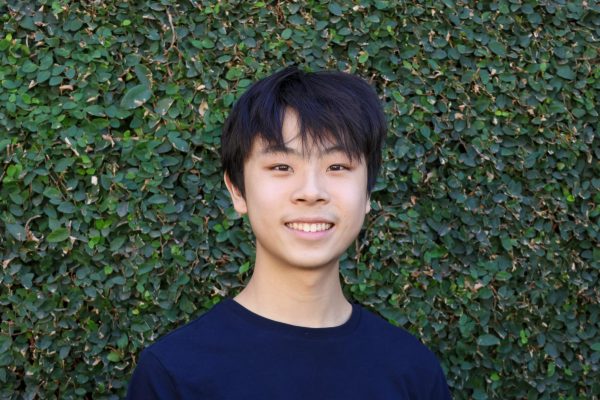
William Liu '25 enjoys designing pages, experimenting with new layouts and writing articles across all sections, especially Opinion. During layout week,...

